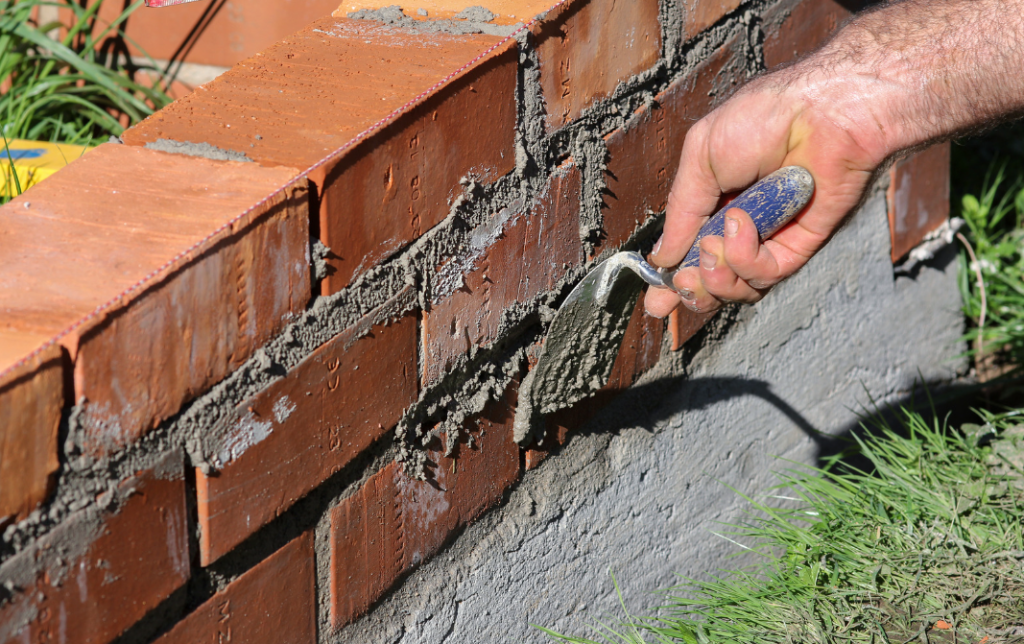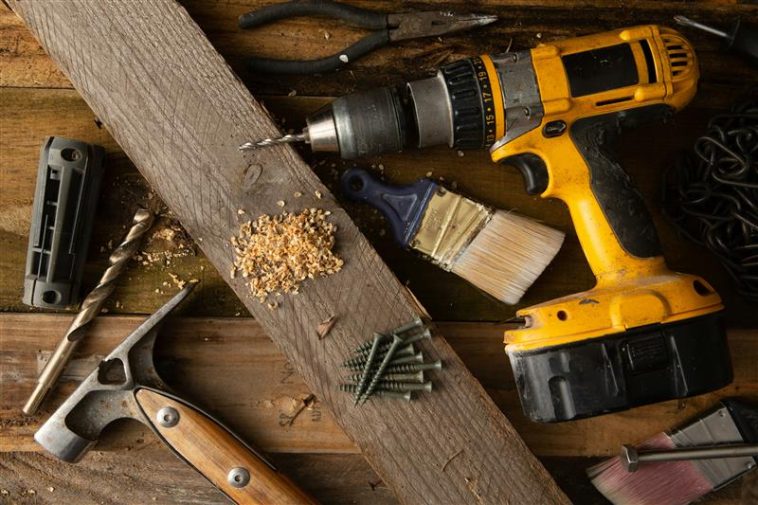Answering a reader question, Micah Jones gives tips on how to deal with a botched job after a cowboy builder has been.
In this article we cover:
- What steps you need to take to put things right
- Who to turn to
- Common scenarios
Q: I have had a cowboy builder and am trying to fix things now – what should my first steps be to make things right?
A: Get expert independent advice to determine what the issues are.
As a homeowner it can be really hard to discern between good advice and a sales pitch. It’s sadly the reality that often the ‘experts’ are not what they claim to be. And just because a builder or tradesman has ‘always’ done it that way does not make it good practice or a suitable solution and can, as you have experienced, lead to problems.
The first step on how to deal with a botched job is to get a full understanding of what’s been done wrong and what needs fixed. It will often mean stripping things back to basics and starting again. If there is a fundamental problem, you need to get to the bottom of what’s wrong before starting to fix it. Otherwise the solution will be akin to a sticking plaster on a broken arm.

One of the problems you may find in trying to sort out the issues is that each builder or tradesperson will have something different to say.
To get to the bottom of what happened, seek independent advice from an architect, engineer or building surveyor depending on what the problem is. A written report can be useful to hand to a builder to start looking at pricing remedial work.
This approach can also help reduce the amount of issues discovered on site, and allow you to go into the project with more knowledge of what’s involved.
Damp in walls for example can be very hard to find the root cause; it can be caused by everything from broken guttering, poor ventilation, thermal bridging as well as the more obvious such as failed damp proof courses or cracked external render on a solid wall.
The process must be to work through each possibility systematically to consider each of the potential causes, ruling them out as you go.

Often you will be left with several possible issues that will require remedial work. It may be more economical to tackle several likely issues at the same time, than to work on each one individually until you finally get to the real issue.
Once you have the full picture of what work is defective you can start to look at bringing in the necessary trades to sort the issues out. If you have had some solid independent advice, you will not get easily swayed by passing comment and opinion by the various trades and suppliers.
When you choose a builder, ideally use one that a friend or family member has worked with before and found to be good; but make sure they have first hand knowledge from successfully completing a project together. In other words, make sure they are not just their mother in law’s uncle.
If you have no direct reference for a builder, ask for several and give them a call. Ask about specifics such as costs, communication and how long the work took; these are often the hardest elements for a builder to get right and will be hard to gloss over if there really was an issue.
The truth is we do have a great many wonderful trades people and builders locally and hopefully on your next project you won’t have any issues.








